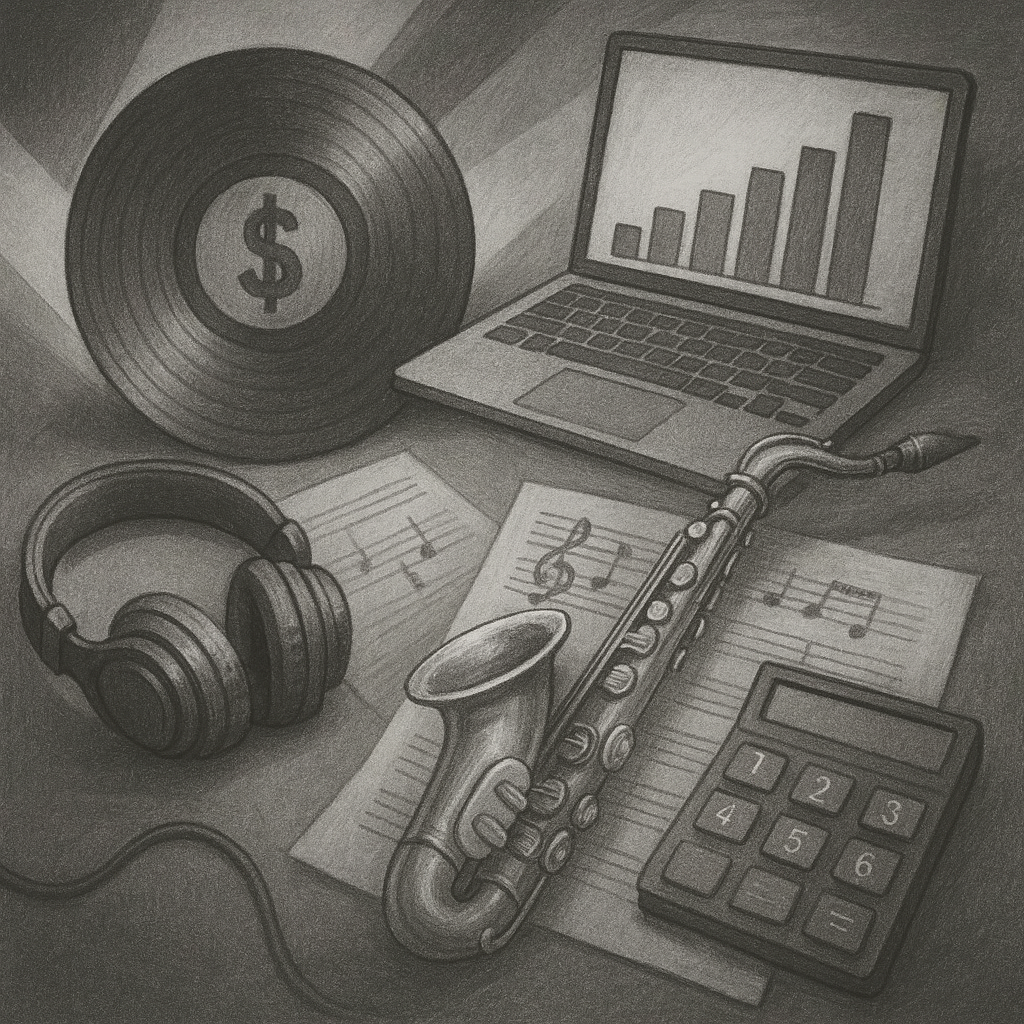Education
Understanding Music Royalties: A Complete Guide for Labels

Understanding Music Royalties: A Complete Guide for Labels
Music royalties can be complex, but understanding them is crucial for any label or publisher. In this comprehensive guide, we'll break down the different types of royalties and show you how modern platforms like RevSplit simplify the entire process.
Types of Music Royalties
1. Mechanical Royalties
Mechanical royalties are generated when a song is reproduced, whether through physical sales, downloads, or streams. In the digital age, these primarily come from streaming platforms like Spotify and Apple Music.
Who Gets Paid?
- Songwriters
- Publishers
- Composers
2. Performance Royalties
Performance royalties are collected when a song is performed publicly, on radio, TV, in venues, or through streaming services.
Who Collects Them?
- Performance Rights Organizations (PROs) like ASCAP, BMI, and SESAC
3. Sync Licensing Fees
These are one-time payments when music is synchronized with visual media, TV shows, movies, commercials, or video games.
4. Master Recording Royalties
These go to whoever owns the master recording, typically the label or the artist if they're independent.
The Challenge of Managing Royalties
Traditional royalty management involves:
- Tracking data from hundreds of sources
- Manual calculations for splits
- Dealing with different reporting formats
- Managing recoupments and advances
- Handling international tax requirements
How RevSplit Simplifies Everything
RevSplit automates the entire royalty workflow:
- Automatic Data Import: Our AI reads and understands data from any distributor
- Smart Split Calculations: Set it up once, and we handle all the math
- Recoupment Tracking: Automatic tracking of advances by territory
- Tax Compliance: Built-in support for W-9, W-8BEN, and international tax forms
- Transparent Reporting: Beautiful statements for you and your artists
Best Practices for Labels
- Document Everything: Keep clear records of all agreements
- Regular Reconciliation: Review statements monthly
- Communicate Clearly: Use transparent reporting with your artists
- Stay Compliant: Keep up with tax requirements and regulations
- Automate Where Possible: Use platforms like RevSplit to reduce manual work
Conclusion
Understanding music royalties doesn't have to be overwhelming. With the right knowledge and tools, you can ensure everyone gets paid correctly while focusing on what really matters, making great music.
Want to see how RevSplit handles all types of royalties automatically? Schedule a demo today.